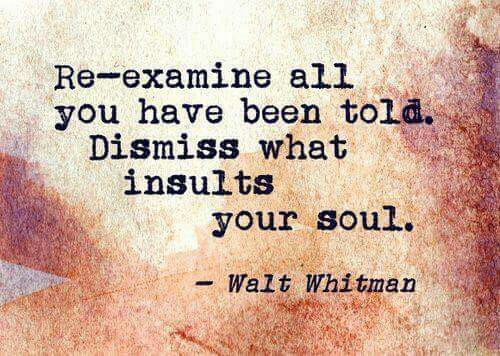I have sat in that meeting.
I have heard that phrase or sentence or sentiment that in your soul is like fingernails on a chalkboard.
I have felt that rush of rage or disappointment or shame rise up through my entire body.
I have been frozen, in shock or in disbelief.
And I have made a choice every time – to speak up…or not.
Every person has their own conscious or unconscious calculation. It happens in a split second. It includes childhoods, and livelihoods, and history – from the interpersonal to the global.
Whether you’ve been a person known for speaking up your whole life, or you’re a person to whom the role of observer, rather than participant, is more comfortable, I need you.
We need you.
Deep shifts in our consciousness as do-gooders are happening. Consider crisis as an opening, an invitation, for transformation.
This, this – what feels like pain, like exhaustion, like loss – is how power shifts.
Not through new strategies written, not through new organizational policies, but through what are no-going-back moments of realization and relinquishment – the rearrangement of power.
 Our work right now has to be about reckoning and wrestling with the -isms – racial, gender, class inequalities – within ourselves, and within our teams and organizations. I won’t lie. This work is painful. But there is liberation for all in it, and beyond it, is the world we dare imagine.
Our work right now has to be about reckoning and wrestling with the -isms – racial, gender, class inequalities – within ourselves, and within our teams and organizations. I won’t lie. This work is painful. But there is liberation for all in it, and beyond it, is the world we dare imagine.
If you have felt this shift like me, I need all of you reading this not to go back to your ways of being before. For those who more easily call injustice out (and hopefully people in) when they experience or see it, keep going. Galvanize and let yourself be galvanized by others. Know that there are more people than ever before who breath deeper the moment your truth arrives in the room.
For those who have been reluctant to speak up or out, it’s time to push beyond your boundaries. Yes, there are consequences for it; you can be misunderstood, judged, shut down, chastised, fired. But often what we imagine in our heads in the international aid and philanthropy sector isn’t near to the actual result, nor is it near to what grassroots activists face on front lines everyday.
The most important thing that happens when speaking up for racial or gender or any other type of justice is a respite in the battle with your conscience.
Over on Medium, I wrote about the last time I took a risk to speak out. I share this not to tout it as a triumph by any means, but to demonstrate that even an imperfect attempt to honor people’s dignity and change narratives about how change occurs is worth the plunge.
***
Related Posts
5 ways you can fight racism in the social good sector
Wrestling with my white fragility
What now? Beyond the #OxfamScandal
Rigorous humility: Seeking a healthier relationship with results
What’s so “risky” about funding at the grassroots level?

Pingback: What capacities might we, as white people in international development, need to build in ourselves in order to commit to anti-racist practice? - MARY ANN CLEMENTS